 The Norwegian Directorate of Immigration has accepted asylum requests of four Turkish soldiers and one military attaché, who rejected orders to return to Turkey after the Gülenist Terror Group (FETÖ) organized July 15 coup attempt.
The Norwegian Directorate of Immigration has accepted asylum requests of four Turkish soldiers and one military attaché, who rejected orders to return to Turkey after the Gülenist Terror Group (FETÖ) organized July 15 coup attempt.
The putschist soldiers and the military attaché, who were stationed as NATO soldiers in Europe, were received residence and work permits.
Lawyer Kjell M. Brygfjeld, who was representing the soldiers, confirmed the decision of the Norwegian Directorate of Immigration.
The four fugitive soldiers and the military attaché told Norwegian Verdens Gang daily that they denied all FETÖ accusations and feared to be arrested upon their return to Turkey.
Some political commentators said that if other European countries followed this move of Norway, which is also a NATO ally of Turkey, could worsen already strained diplomatic relations.
Previously, Germany and the Netherlands also reported hundreds of asylum requests of pro-coup Turkish soldiers and their families, who were working at NATO headquarters across Europe.
Deputy Prime Minister Numan Kurtulmuş said Tuesday that the decision is “unacceptable” and points to EU favoritism toward coup plotters. “The necessity for friendship between Turkey and the EU is the extradition of FETÖ members who have already taken shelter and those who are seeking to take shelter,” he said.
FETÖ, an organization led by U.S.-based former spiritual leader Fetullah Gülen, sought to topple the Turkish government and seize power on July 15, 2016. Loyal military troops, as well as police units and millions of Turkish citizens prevented the coup attempt. 246 people, mainly civilians, were killed by soldiers, while more than 2,000 people were injured.
After the deadly coup attempt, hundreds of military officers who joined the junta loyal to FETÖ were arrested, and the army dismissed thousands of others with links to the terrorist group who had infiltrators in the military, law enforcement, judiciary and bureaucracy.
(dailysabah.)


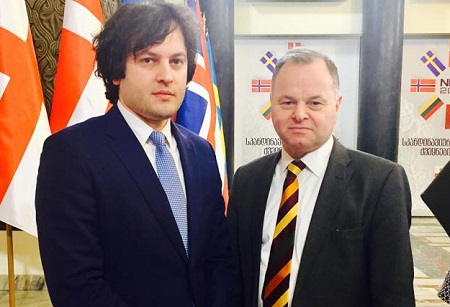
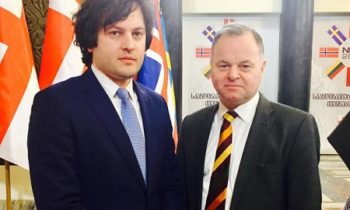 Olemic Thommessen, the President of the Norwegian Parliament says he is impressed by what Georgia has achieved over the past few years in fighting corruption and implementing reforms.
Olemic Thommessen, the President of the Norwegian Parliament says he is impressed by what Georgia has achieved over the past few years in fighting corruption and implementing reforms.
 South Sudan’s leaders have inflicted a massive humanitarian crisis on the population threatened by a famine and the war must end, the Norway’s foreign minister, said on Tuesday.
South Sudan’s leaders have inflicted a massive humanitarian crisis on the population threatened by a famine and the war must end, the Norway’s foreign minister, said on Tuesday.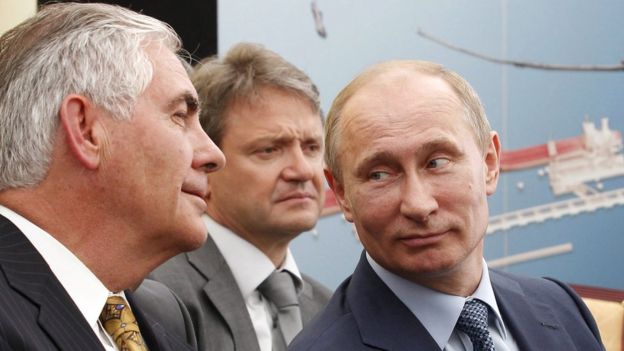
 NATO is discussing moving next month’s meeting of foreign ministers in order for US Secretary of State Rex Tillerson to attend, the alliance’s chief told Norwegian broadcaster NRK.
NATO is discussing moving next month’s meeting of foreign ministers in order for US Secretary of State Rex Tillerson to attend, the alliance’s chief told Norwegian broadcaster NRK.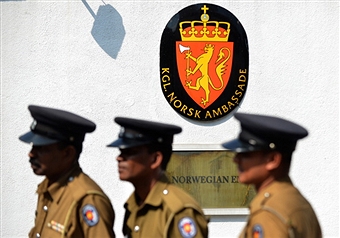
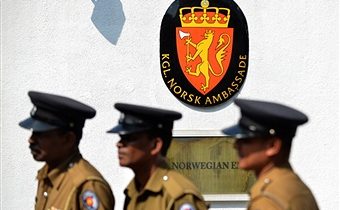 Knut Nyfløt, the First Secretary to the Royal Norwegian Embassy to Sri Lanka, Mohamed Muzain, the Programme Manager of the UNDP Sri Lanka Governance of Local Economic Programme and Vethanayahan, the District Secretary of Jaffna, recently visited the resettled areas of Palaly North of Tellipalai DS Division to hand over completed infrastructure facilities to the families in the area.
Knut Nyfløt, the First Secretary to the Royal Norwegian Embassy to Sri Lanka, Mohamed Muzain, the Programme Manager of the UNDP Sri Lanka Governance of Local Economic Programme and Vethanayahan, the District Secretary of Jaffna, recently visited the resettled areas of Palaly North of Tellipalai DS Division to hand over completed infrastructure facilities to the families in the area.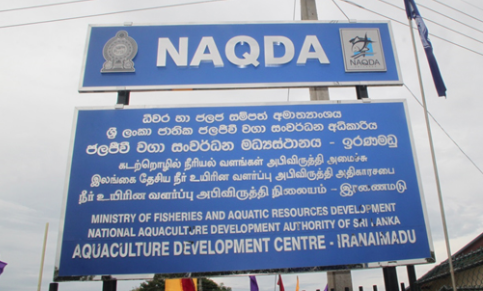
 The Sri Lankan government has signed four agreements with the Norwegian government to improve fisheries sector, Minister of Fisheries and Aquatic Resources Development Mahinda Amaraweera said.
The Sri Lankan government has signed four agreements with the Norwegian government to improve fisheries sector, Minister of Fisheries and Aquatic Resources Development Mahinda Amaraweera said.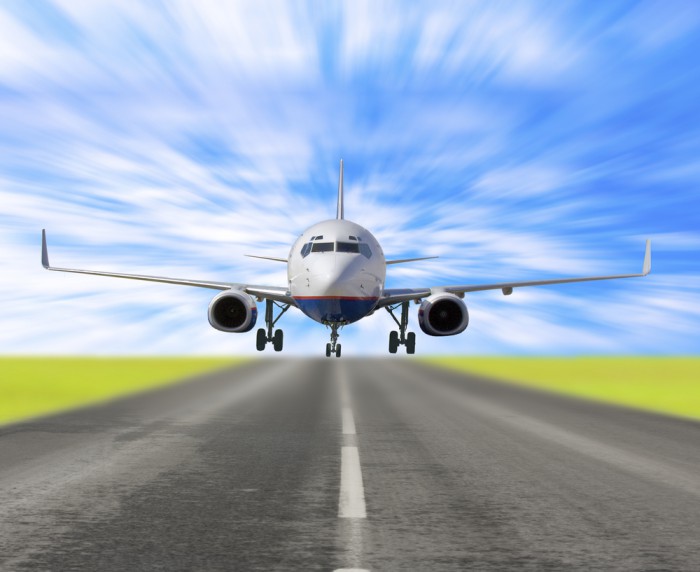
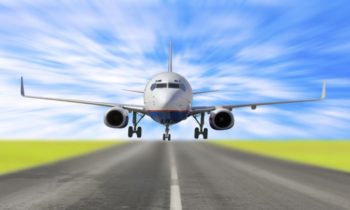 A Norwegian travel agency has received around 1500 cancelations of trips between Norway and Iceland scheduled next summer according to a RUV report.
A Norwegian travel agency has received around 1500 cancelations of trips between Norway and Iceland scheduled next summer according to a RUV report.
 Norwegian oil and gas company DNO generated $6 million in profits in 2016 from oil production at oil fields in Iraq’s Kurdistan Region.
Norwegian oil and gas company DNO generated $6 million in profits in 2016 from oil production at oil fields in Iraq’s Kurdistan Region.
 Deka Immobilien has purchased the Bekkestua Senter Phase II shopping centre in the Greater Oslo Region for around €13m. The seller was the Norwegian project developer Profier. The property was purchased for the portfolio of the institutional fund WestInvest Target Select Shopping.
Deka Immobilien has purchased the Bekkestua Senter Phase II shopping centre in the Greater Oslo Region for around €13m. The seller was the Norwegian project developer Profier. The property was purchased for the portfolio of the institutional fund WestInvest Target Select Shopping.
 Internet service providers from across Europe have been given insight from Norway’s National Communications Authority on how to future-proof their wireless infrastructures within regulations to help deliver on the promise of superfast broadband.
Internet service providers from across Europe have been given insight from Norway’s National Communications Authority on how to future-proof their wireless infrastructures within regulations to help deliver on the promise of superfast broadband.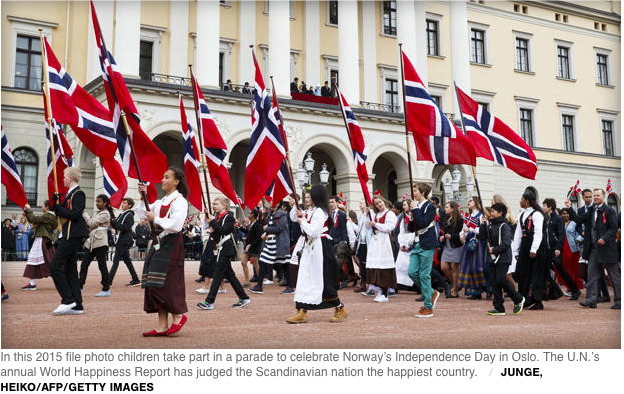
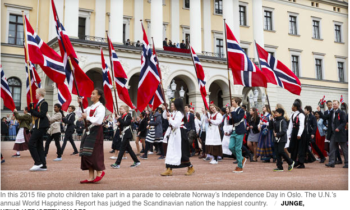 Norway has been judged to be the happiest country in the world, in the United Nations’ latest World Happiness Report, released Monday.
Norway has been judged to be the happiest country in the world, in the United Nations’ latest World Happiness Report, released Monday.
 Organic products from Norway and Iceland including Norwegian organic salmon, can again be imported to the European Union and duly marketed as abiding by the EU’s organic rules following the incorporation of the relevant regulations into the agreement on the European Economic Area (EEA).
Organic products from Norway and Iceland including Norwegian organic salmon, can again be imported to the European Union and duly marketed as abiding by the EU’s organic rules following the incorporation of the relevant regulations into the agreement on the European Economic Area (EEA).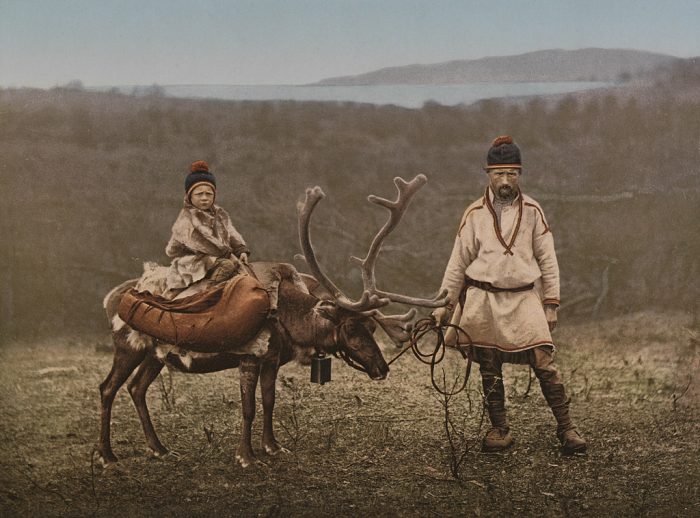
 The Sami people of Norway have, by way of their parliament in Norway, persuaded the country’s second largest pension fund KLP to withdraw its money from companies linked to the Dakota Access oil pipeline project according to a Guardian report.
The Sami people of Norway have, by way of their parliament in Norway, persuaded the country’s second largest pension fund KLP to withdraw its money from companies linked to the Dakota Access oil pipeline project according to a Guardian report.
 Four trumpets, four trombones, a horn and a tuba. All of them played by women. That’s the unusual formula adopted by tenThing, a group of Norwegians who brought their particular brand of entertainment to Minneapolis’ Aria on Thursday evening for a Schubert Club concert.
Four trumpets, four trombones, a horn and a tuba. All of them played by women. That’s the unusual formula adopted by tenThing, a group of Norwegians who brought their particular brand of entertainment to Minneapolis’ Aria on Thursday evening for a Schubert Club concert.
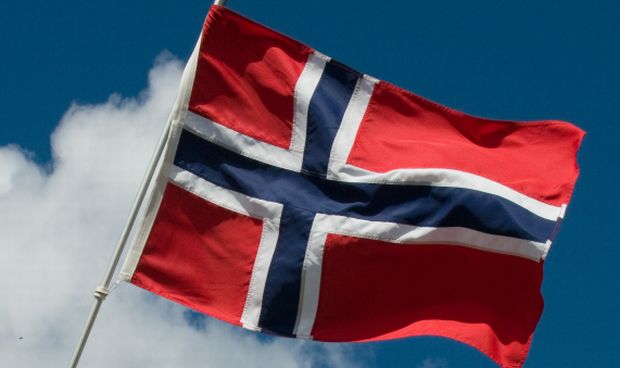
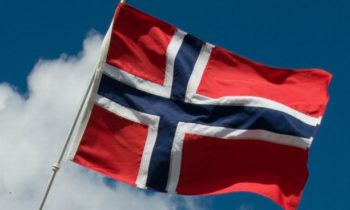 Norwegian has now flown more than four million passengers between Europe and the U.S. since the first transatlantic service began in 2013.
Norwegian has now flown more than four million passengers between Europe and the U.S. since the first transatlantic service began in 2013.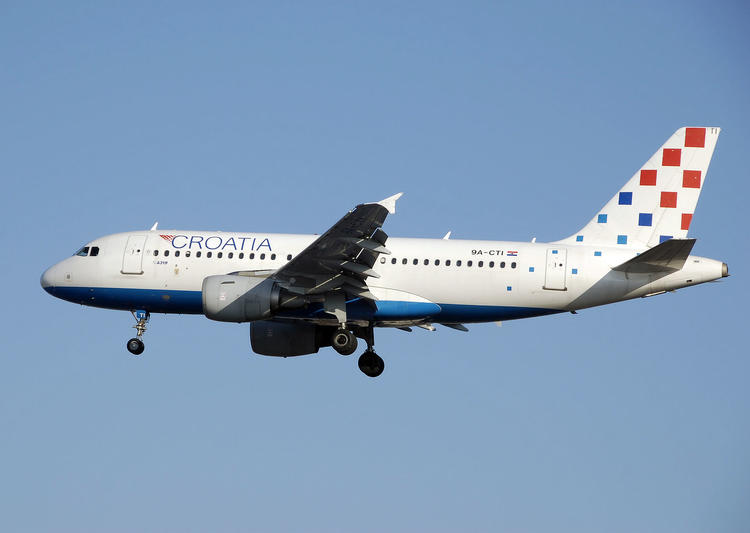
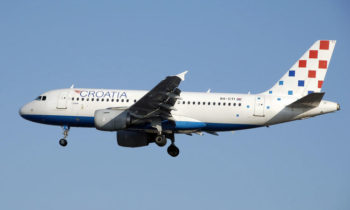 Croatia Airlines on Wednesday presented four new international routes, from Zagreb to Stockholm, Helsinki, Oslo and Bucharest, which will expand the airline’s network of European destinations during the summer season.
Croatia Airlines on Wednesday presented four new international routes, from Zagreb to Stockholm, Helsinki, Oslo and Bucharest, which will expand the airline’s network of European destinations during the summer season.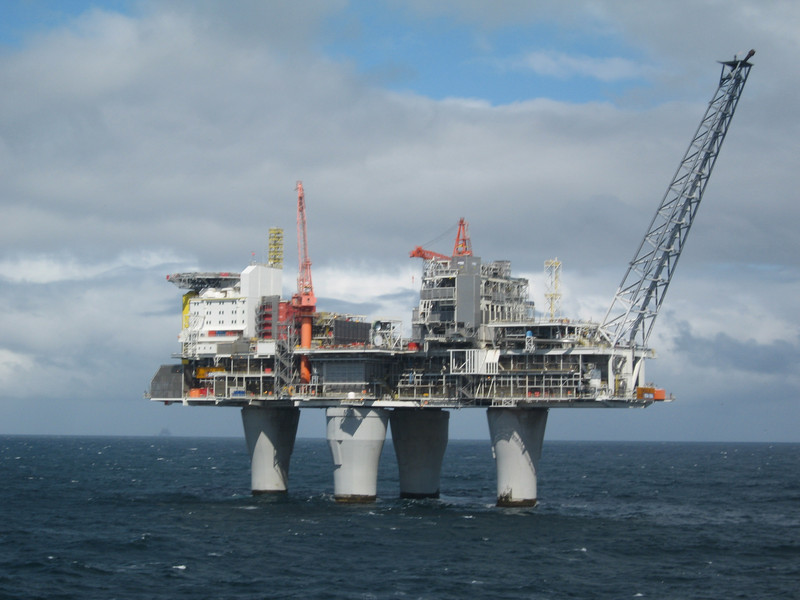
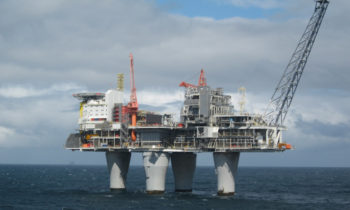 MEPs have rejected a proposal saying that the EU should work for a total ban on oil drilling in the Arctic.
MEPs have rejected a proposal saying that the EU should work for a total ban on oil drilling in the Arctic.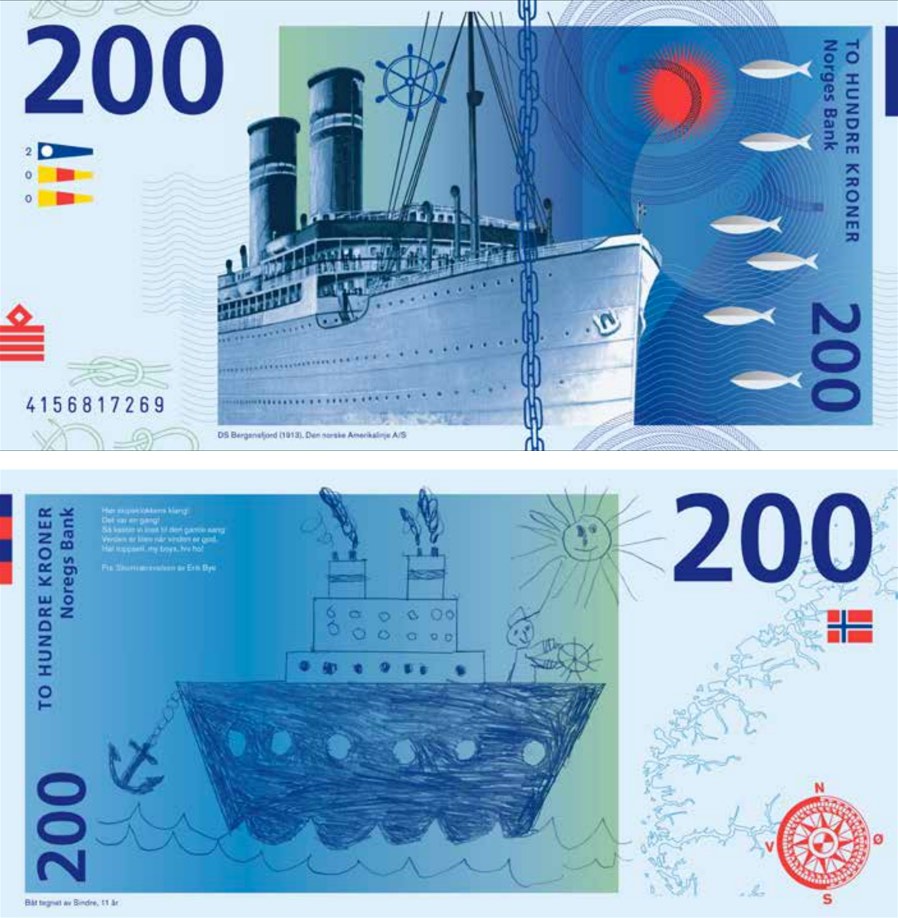
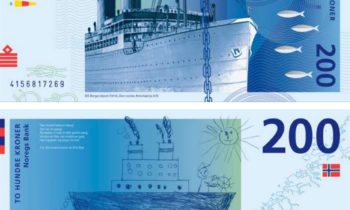 Back in 2014, I posted that Norway would start using new banknotes in 2017 featuring an abstract pixelated design on the reverse of each note. Time did the only thing it knows how to do so here we are in 2017 and the bills will begin circulating later this year. The overall theme for the notes is “The Sea”:
Back in 2014, I posted that Norway would start using new banknotes in 2017 featuring an abstract pixelated design on the reverse of each note. Time did the only thing it knows how to do so here we are in 2017 and the bills will begin circulating later this year. The overall theme for the notes is “The Sea”: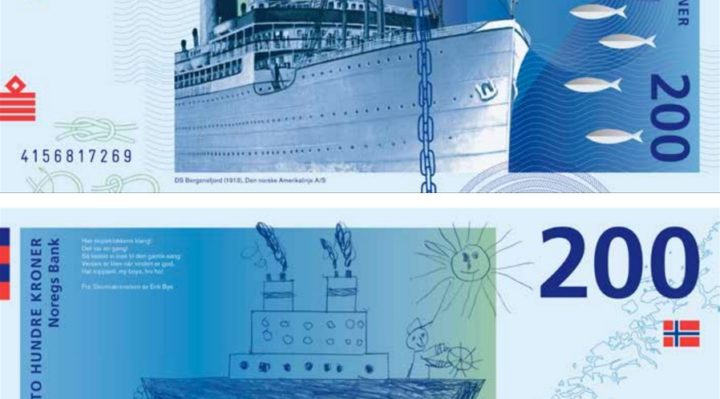
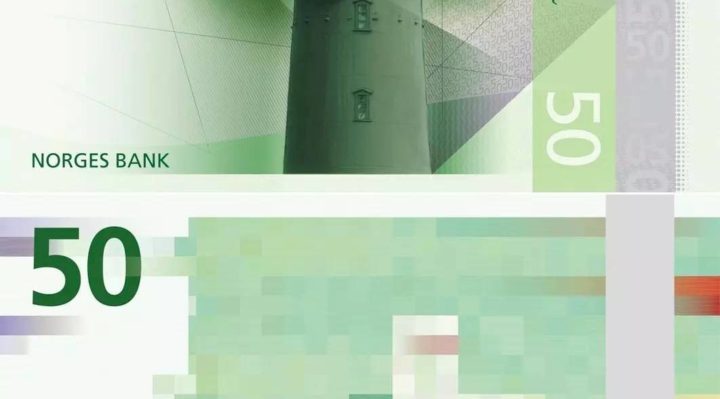
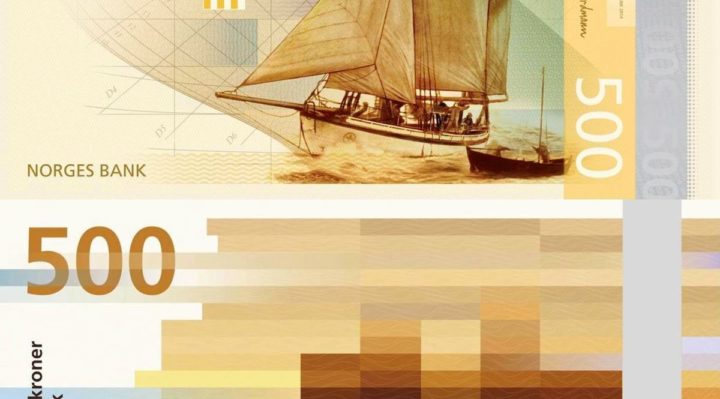

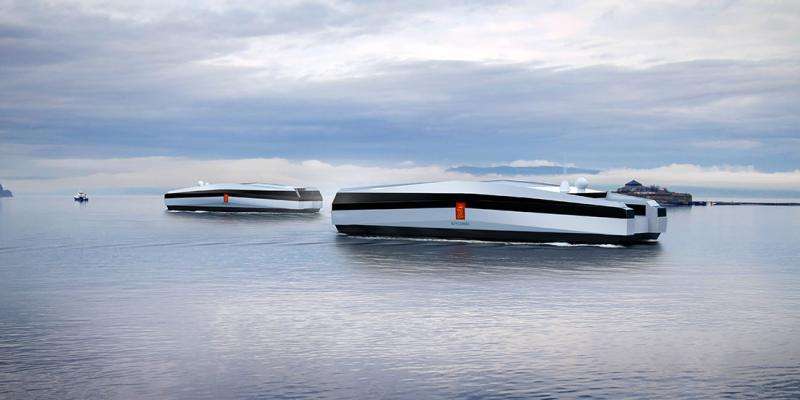


 A Norwegian study will research whether bacteria are responsible for some types of back pain.
A Norwegian study will research whether bacteria are responsible for some types of back pain.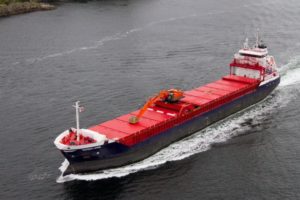


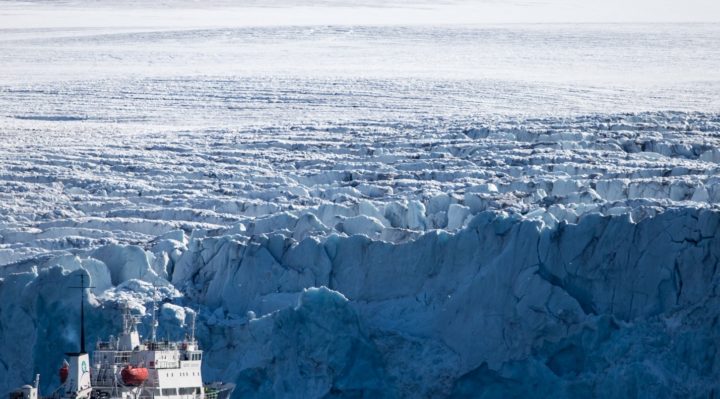 Northern Finland, Sweden and Norway – is the 10th largest economical region in the world. The Arctic region can develop into Europe’s largest area of investment: from 2016 to 2025 investments in the region can exceed 100 billion euros.
Northern Finland, Sweden and Norway – is the 10th largest economical region in the world. The Arctic region can develop into Europe’s largest area of investment: from 2016 to 2025 investments in the region can exceed 100 billion euros.